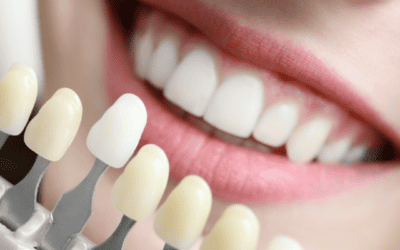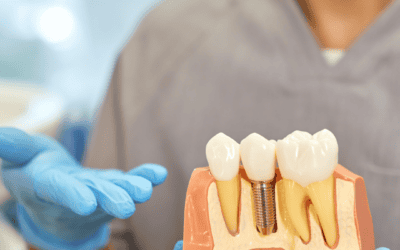
Mishari and I were lucky enough to be invited along to the Guardian Early Learning Group on Charlotte Street last Friday to talk to their pre-schoolers about the dentist and dental health. The kids had been learning about this topic during the ADA’s Dental Health Week. We were so impressed by the children’s level of knowledge of teeth friendly foods, and foods to limit or to avoid. We had fun dressing up as dentists and patients and talking about what happens when you go to the dentist.
We’d like to thank Charlotte Street Early Learning Group for having us, and for highlighting this important topic. Baby teeth and the oral health of our youngsters is so important. Getting them along to the dentist at a young age helps them get used to the experience and see there is nothing to fear. In addition, the earlier they get into these good habits and learn more about diet and oral hygiene the more likely they are to have healthy mouths and need less treatment.
But the baby teeth will fall out, right? Are they really that important?
In Australia, 11% of 1-3 year olds have experienced tooth decay.
The first baby tooth erupts around 6 months of age (this is an average, I have seen children born with teeth, to children not having any teeth come through until they are 1year old). Baby teeth are so important for many reasons:
- They play a crucial role in speech development.
- They ensure we can eat a wide variety of foods.
- They keep space for the adult teeth to come through.
- There are also social and psychological implications of not having healthy teeth or being self-conscious about your smile.
The last baby tooth comes through around 2 years old and can be present until around 12 years of age. Therefore, taking care of these teeth is just as important, if not more so, than adult teeth. Baby teeth are more vulnerable than adult teeth – they can be more prone to decay, which can spread rapidly. Baby teeth also have larger pulp chambers (where the nerves and blood vessels lie) – so the decay doesn’t have to travel far to expose the nerves. This could mean the tooth has to be extracted.

Decay reaching the dental pulp where the nerves and blood vessels lie.
This means more complex treatment or extraction of the tooth.
Early loss of baby teeth can result in drifting of the teeth and therefore losing the space for the adult teeth to come through. The permanent teeth can come through crowded or in the wrong place, meaning orthodontic treatment (braces) may be required.
Studies have shown that dental fear, and avoidance of the dentist, does lead to poorer oral-health related quality of life. If you are avoiding the dentist, or struggling through your dental fear, check out the Better Health Victoria website for some useful information.
When should I take my child to the dentist?
Getting our youngsters into good habits early can help prevent a lifetime of dental fear, avoidance and dental disease. Going to the dentist when the first tooth comes through is a good idea. The ADA suggest all children should have been to the dentist by age 1.
Getting them to see the dentist as early as possible, not only gets them used to going and avoiding any anxieties, but allows the dentist to check the following:
- Are there any signs of tooth decay or gum disease?
- What are the risks of them developing dental disease? The dentist will ask about family history, diet, toothbrushing, and which toothpaste is used to assess for high, low or moderate risk of dental decay and gum disease. This will help them develop a customised plan on what further treatment, advice, and/or special tests are required, as well as advising you on how often you should be visiting the dentist.
- Are the teeth coming through in the correct sequence and in the correct place? Any discrepancies are best assessed and, if appropriate, treated early to prevent more complicated problems down the track
- Is there a dummy or thumb-sucking habit? This can cause problems with the position of the teeth, which again, if not addressed early may require further and more complex treatment.
Free Dental for Children
The Australian government runs a programme called the Child Dental Benefit Scheme (CDBS), which is available for treatments here at Ross Parry Dentist. To be eligible:
- Children must be aged between 2-17 years
- The family must receive Family Tax Benefit Part A or a relevant Australian Government payment
Eligible children will have access to a benefit cap of $1,000 over a two calendar-year period. This includes examinations, x-rays, cleaning, fissure sealing, fillings, root canals and extractions. Benefits are not available for orthodontic or cosmetic dental work and cannot be paid for any services provided in a hospital.
Families can check whether their child is eligible for the CDBS by contacting the Department of Human Services. General information about the program can also be found on the Department of Human Services website.
Further Resources

The Australian Dental Association has many resources and
information on all aspects of dental health.
A great resource from the Australian Dental Association on dental health throughout different ages:
http://www.ada.org.au/Your-Dental-Health/Children-0-11
Colgate run a programme called Bright Smiles Bright Futures – they have lots of resources from toothbrushing charts to videos on their website. Great for parents and for teachers: https://www.colgatebsbf.com.au/



